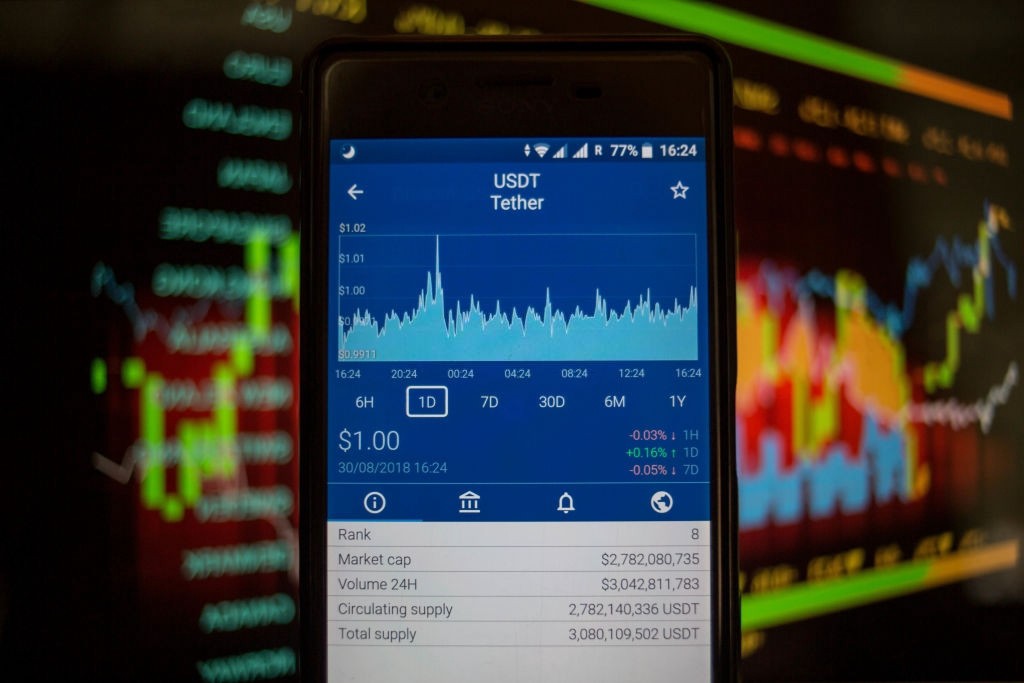on the crypto

The commissions on Ethereum increase
Total weekly tether transactions (USDT) on Ethereum have been stable around 1,5 million over the past four weeks. But on Tron, weekly transactions went from around 900.000 in mid-December to nearly 2 million in the second week of January, according to data from Coin Metrics.
This recent trend is “mostly due to fees,” Coin Metrics analyst Nate Maddrey said. The average fee for an Ethereum transaction set a record high of over $ 19 a week ago, but is now worth just under $ 8. In ether (quotation ETH), the average commission is well below all-time highs but still quite high, surpassing 0,015 ETH several times this month, according to data from Blockchair.
The Tron blockchain is growing in popularity as an alternative to Ethereum for cryptocurrency transactions
“As fees rise, tether transactions tend to shift from Ethereum to Tron,” Maddrey said. In particular, the total value of the tether traded on Ethereum is even greater than that on Tron, and this indicates that it is mainly small operators who are migrating.
Meanwhile, parties that execute larger transactions who can presumably afford higher fees seem comfortable with continuing to use Ethereum. "Lately, given the increase in the cost of Ethereum transactions, it would be logical to use Tron," said Paolo Ardoino, CTO of Tether, noting that the new blockchain also has "good adoption through crypto exchanges" and is "extremely cheap compared to Ethereum ".
The other Tether blockchains
Tron isn't the only alternative for tether users. Over the past two years, Tether has also launched on Algorand, Solana and Liquid Network with plans for further integrations, Ardoino said. But which network supports the largest share of Tether transactions is still an open question.
Seeing tether transactions significantly focus towards just one or two blockchains wouldn't be surprising, Maddrey said. But the distribution of usage depends on "a combination of low tariffs, network effects and usability".
Ardoino stated that in a few years he expects Ethereum to continue "to maintain an important role for Tether thanks to the migration of Ethereum 2.0 which should guarantee greater throughput". However, he also expects other blockchains to "get a fair share of the total throughput".
